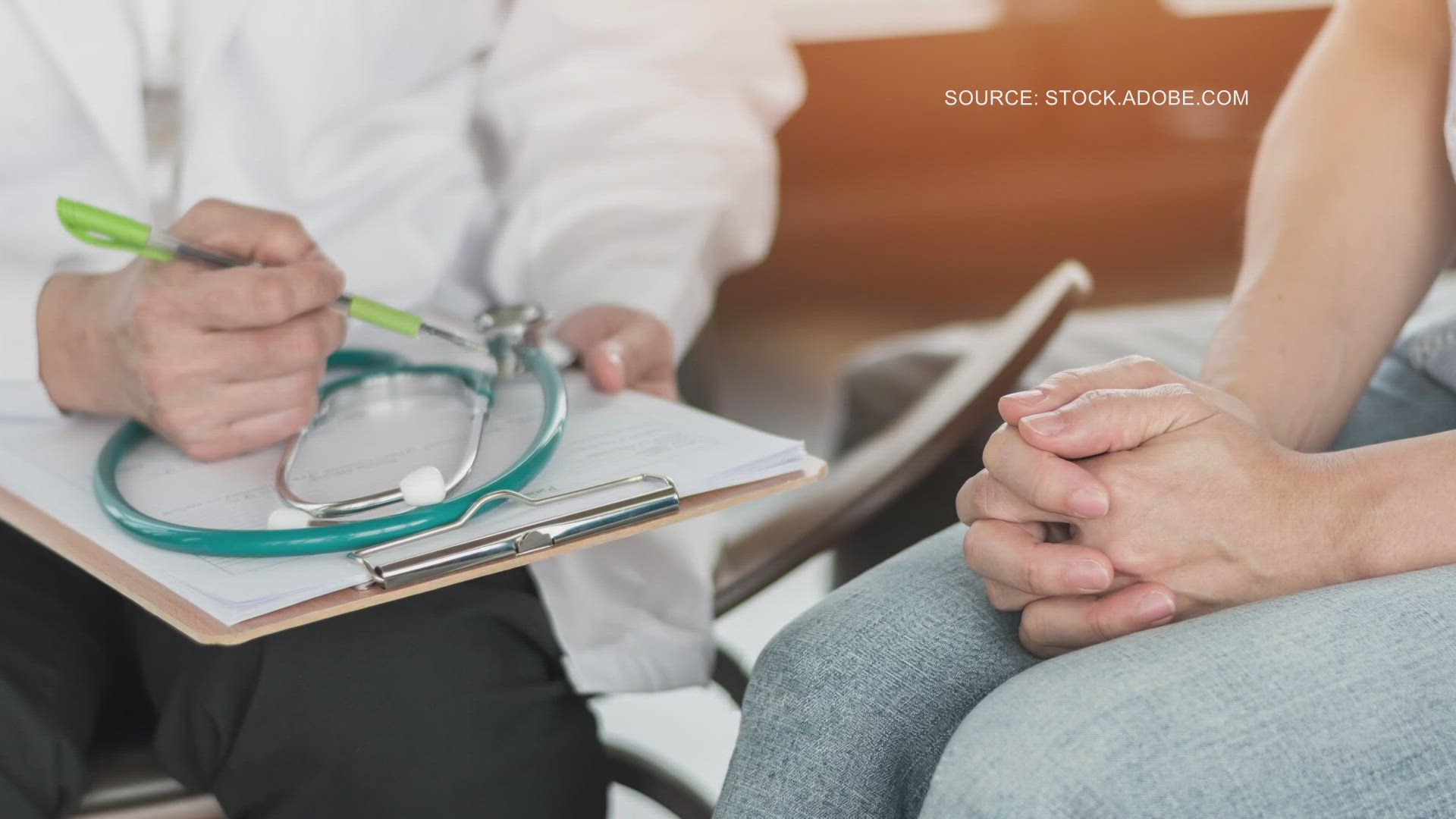GREENSBORO, N.C. — Gynecologic cancers are often referred to as “silent” with subtle symptoms. It’s important to know the risk factors, how to recognize possible symptoms and when to contact a healthcare provider.
WFMY News 2 spoke about gynecologic cancers and ovarian cancer with Dr. Kelly Leggett, with Cone Health Center for Women’s Healthcare and Vice President of Acute Hospital Clinical Services for Cone Health.
Quick Links:
Can you explain what gynecologic cancers are and why awareness is so important?
"There's six different aspects of your reproductive organs that could get cancer starting with your vulva, your vagina, your cervix, your uterus, your fallopian tubes and your ovaries. And each of those can have distinct cancers, distinct symptoms. So it's really important to understand your body and talk to your doctor about your symptoms so that they can help you delineate when you need to have testing done and when you need to come to the doctor. Google is not your friend."
Ovarian cancer, which is the most common GYN cancer in women, is known to have subtle symptoms – symptoms women might mistake for something else. Talk about those symptoms and what people should be looking for.
"One of the biggest symptoms is getting full early and then also bloating. And what makes it so confusing is that that's a lot of symptoms of irritable bowel syndrome and constipation and a lot of people write off these symptoms like 'Oh, it's my gut, it's my bowels' and unfortunately, doctors do too sometimes. So if you're having any bloating, getting full early, pelvic pain, a change in your stool calor- like all of a sudden becoming constipated and you never have been. Those are the things that you go to your doctor about."
Since many women experience these symptoms, how would someone know when to contact a healthcare provider?
"Never wait for your annual visit. A lot of women are like, well, I don't wanna bother them. I'll just wait It's in a few months. So please make a separate visit with your doctor so they can spend the time needed. If it's severe please make the appointment, but in general, we're there for you. If you have a question, either send a Mychart message to your provider or make an appointment and take that time and prioritize your health."
Dr. Leggett answers these questions and more in the above videos.

